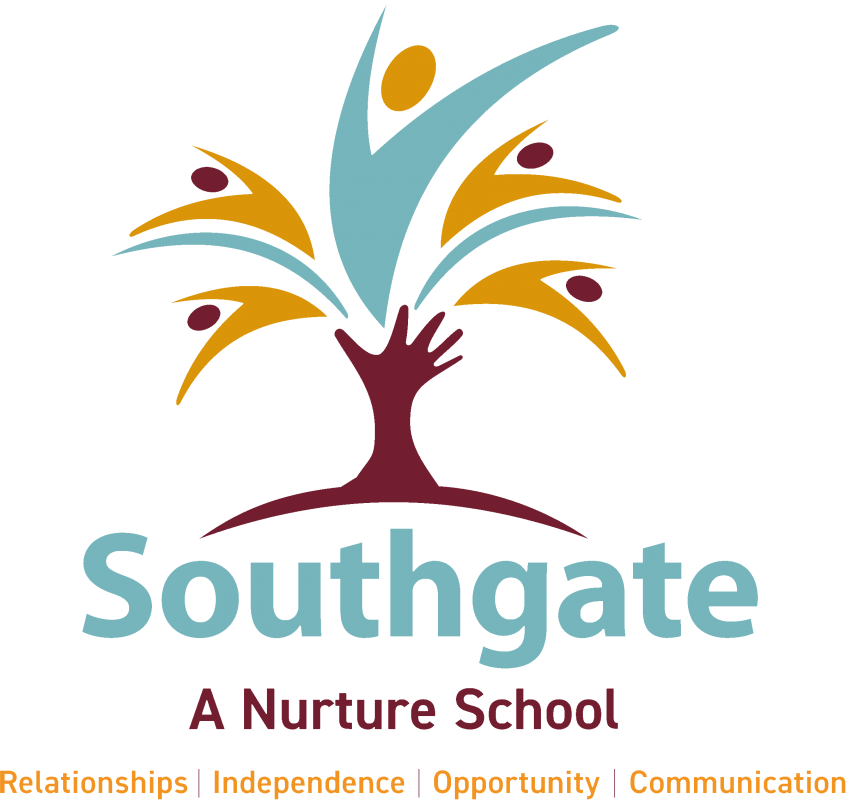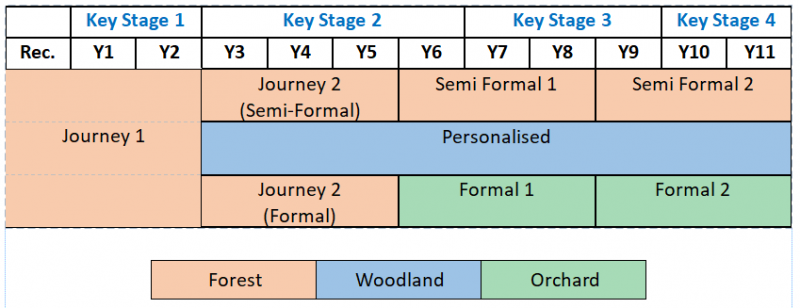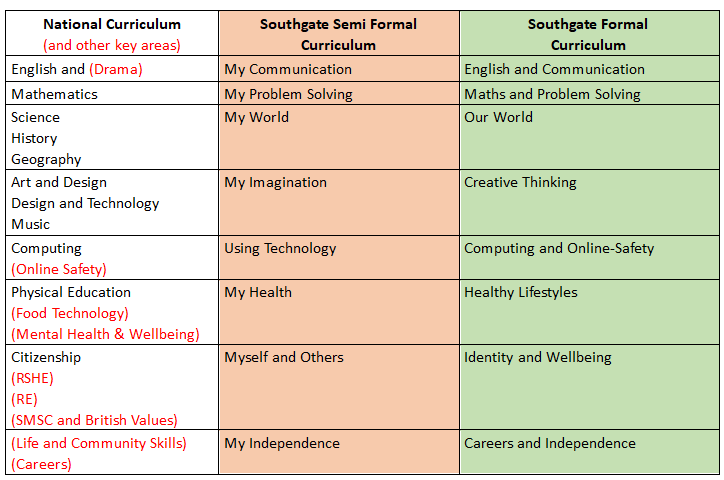Of course, all pupils have specific, individual needs and therefore their allocation to a pathway is via a best fit approach. They may have specific difficulties with communication, but would still benefit most from being in a larger and more collaborative group setting. If a pupil has strong cognition skills but struggles to work with other pupils, they may be more suited to an even more personalised approach. Whichever pathway they are placed in, pupils receive a curriculum that is relevant and delivered in the manner which is most appropriate for them.
The pathways outlined below are not fixed and there is often overlap. Pupils’ needs change over time, and it may be in their interests to change pathway part way through their Southgate learning journey. Suitability for a class or pathway is considered throughout the year and decided through collaboration in the summer term, ready for class transitions in July. Very occasionally, pupils may transition part way through the year. Whenever this happens, transitions are always well planned, with family engagement, and with the best interests of all children at the forefront of any decisions.
Pre-Pathway (Journey 1 & 2)
Younger learners not placed in Woodland, and generally up to Year 5, are managed under the Forest Pathway with a high emphasis on their communication and interaction through play-based learning. This allows us longer to get to know these learners and make a more informed assessment of their needs.
Forest Pathway
Learners in this pathway require a greater focus on their communication and interaction and in most cases, this will be their primary need. These pupils tend to have a high level of complex needs and some will require specialist staff skills to support their sensory and physical needs. Pupils in this pathway will mostly follow our Semi Formal Curriculum.
Orchard Pathway
This Pathway is designed for pupils who are comfortable working within a more formal classroom setting. Pupils are taught together, either in groups or with the whole class, and it is best suited to those with the social interaction and collaboration skills to manage in a larger group. Pupils in this pathway are likely to have a diverse range of complex needs, however the majority will have Cognition and Leaning as their primary special educational need and will mostly follow our Formal Curriculum.
Woodland Pathway
Pupils in Woodland are likely to have highly complex special educational needs which often present through social, emotional and mental health needs. The approaches used are collaborative and require good working relationships with all the important people in pupils’ lives. These pupils require smaller group sizes, higher staffing ratios, and a flexible approach to learning and emotional regulation activities to enable them to thrive in a school environment. Transitions and changes for these pupils need to be even more carefully planned and often take an extended period to accomplish successfully. Pupils in this pathway can follow the Personalised Curriculum or follow a more structured class-based timetable with links to the Formal or Semi-Formal Curriculum within the Woodland provision.




